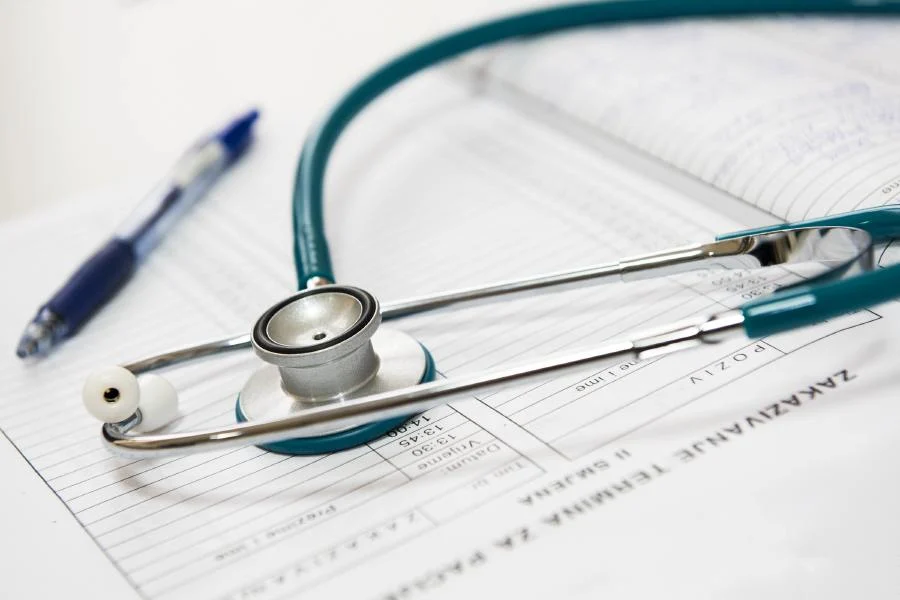By Dr Lo Ying-Ru Jacqueline
VACCINES are a very powerful tool in our fight against COVID-19. Following recent reports of a serious but extremely rare side effect of blood-clotting from two vaccines, it is understandable why people may be concerned about the risks of vaccination.
But it is also important to keep in mind the risks of COVID-19: the risk of serious adverse reactions of vaccination is much lower than the risk of serious disease or even death as a result of infection with COVID-19.
This is why the World Health Organisation (WHO) strongly recommends vaccination against COVID-19, starting with people in priority groups – health workers, older persons and people with underlying health conditions – who are more exposed to infection, and at higher risk of serious illness and death if they become infected with the virus.
Scientists around the world have worked together at an unprecedented pace to research and develop vaccines to help control the pandemic.
Nonetheless, COVID-19 vaccines approved for use have gone through all the steps to ensure safety, efficacy and quality. WHO works with experts and national regulatory authorities in countries to ensure this process.
All medicines, including vaccines, have potential side effects. In most cases, side effects from COVID-19 vaccines are mild. Severe adverse events are extremely rare, and when they do occur, need to be closely monitored and carefully investigated.
That is why countries need to have strong systems and mechanisms in place to identify adverse events following immunization, and to be able to clearly and effectively communicate risks.
WHO, with support of the world’s top immunisation experts, continuously reviews data about the different vaccines being used in COVID-19 vaccination programmes worldwide.
WHO’s Strategic Advisory Group of Experts on Immunization (SAGE) has published guidance on the use of the Pfizer BioNTech vaccine, and based on new data, SAGE also updated its interim guidance on the use of the AstraZeneca – Oxford University vaccine.
Pfizer and AstraZeneca are two of the vaccines in use in Malaysia, together with other vaccines also approved and used by the National Pharmaceutical Regulatory Agency.
Both the Pfizer and AstraZeneca vaccines are known to be effective in protecting individuals from severe disease and risk of death due to COVID-19 in adults of all ages. In the case of AstraZeneca, there have been reports of a serious, but very rare, side effect of blood clotting.
To date, this condition has occurred in fewer than 10 people out of every million people that have received this vaccine. It is important for people and health workers to understand that this risk exists and to be alert to report and provide immediate medical care when these occurs.
However, it is also important to remember that the benefits of vaccination far outweigh the risks of these serious adverse events. This is why WHO continues to recommend vaccination against COVID-19, especially for priority groups such as health workers, older persons and those with underlying health conditions.
The number of cases of COVID-19 in Malaysia is currently rising. Vaccination, combined with other public health measures, is the best way to protect yourself and help control the infection rate.
Therefore, it is wiser to take the vaccine only when it is your turn. Meanwhile, everyone – vaccinated or not – should continue to adhere to public health measures such as physical distancing, wearing a mask, hand and respiratory hygiene, and ensuring good ventilation by opening windows and doors where possible.
Malaysia began its COVID-19 immunisation programme in February 2021, starting with frontliners as a priority group. As the country readies for the wider public rollout of the vaccination programme, it is reassuring to note that there is high acceptance of COVID-19 vaccines in Malaysia.
In a recent survey by the Ministry of Health, 85% of people in Malaysia are willing to get vaccinated against COVID-19. The country is also prepared to detect, diagnose and promptly manage any serious event following immunisation.
That in mind, WHO will continue to work alongside health authorities in Malaysia to respond to COVID-19 and support the COVID-19 immunisation programme. – May 5, 2021
Dr Lo Ying-Ru Jacqueline is a World Health Organisation (WHO) representative to Malaysia, Brunei Darussalam and Singapore.
The views expressed are solely of the author and do not necessarily reflect those of Focus Malaysia.









